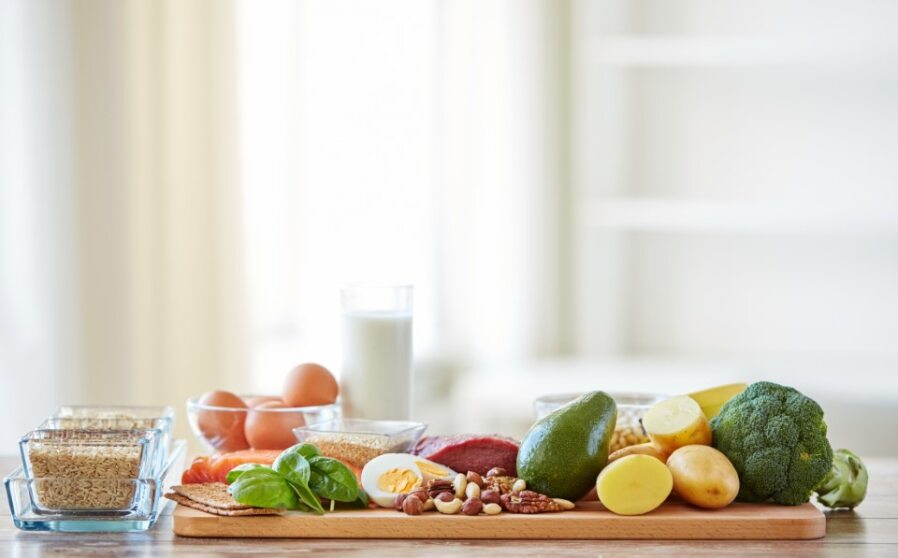When John McLoughlin opened the acclaimed 358 Portland Street on Smithdown Road, those on the inside of the industry that know the unassuming head chef and founder knew it would be a hit.
Liverpool restaurant & bar experts Ubiquity spoke with the man himself and heard about his enthusiasm for hospitality and his extraordinary CV.
“I was inspired to open Portland St. I'd opened so many other businesses for other people i'd previously worked for in my career.
“The desire to open my own restaurant was so overwhelming that if I hadn't, I would have regretted it later in life.”
John maintains that around the time of his big decision, he saw “a switch in the way food trends were going.
“Places like Bakchich had just opened & Mowgli was in the process of being built, and the city scene was moving over to a street food-led scene.
“It was growing rapidly in London & I sensed that it wouldn't be long before the trend came to Liverpool.
“Given my experience, I grasped the opportunity of recreating restaurant dishes, presenting them in a more casual style, without losing any of the quality & finesse.
“This formed the basis of our philosophy 'it's not fast food it's flavour with flair.'
John's research into the business took him to London and the USA taking in the scene in Camden and Portland respectively.
“I was following the scene in Camden and, in Portland where street food operators occupy 'pods'...they are everywhere and the diversity of the food is incredible.”
John was taken aback by the variety of street food on offer and felt like he had “an open book to work on his own equally expansive menu with all the variety I could muster.”
When you hear more about John's attitude, success and history in the catering industry within restaurants, it's now wonder 358 Portland Street's menus are now the talk of the town both in the city and suburbs of South Liverpool.
He sounds as passionate today as he was when he started almost three decades ago and he admits this.
“I like working with any food, especially ingredients i have never used before. I generally try most new dishes at home, where i can experiment without any pressure! I often get asked too given that I was around to witness the rise of the celebrity chef if I follow any of them on TV but i'm too busy!
“I do like Jamie Oliver for his enthusiasm & he seems to be in touch more with your everyday person but they're all talented because they're on TV!
John compares the business of being in the profession as like being 'a gerbil rotating in a wheel' whilst also trying to juggle several other tasks at the same time.
“Even when I'm not in the kitchen, I'm constantly doing something that involves the business.”
John believes that if he retired tomorrow, he knows he can look back with pride on what he has achieved, in both a personal & career sense.
“I've missed out on a lot to achieve what I have, but it comes with the path i chose. If you want something you have to work hard, as no one gives you it on a plate in this industry!”
In spite of helping to launch more than 40 businesses in his career to date, John's own plans for his current brand won't stop with the restaurant business having already carved a successful niche in outside catering street food-style for weddings, anniversaries and many other private functions.
“There's a real buzz and appetite both within the industry and amongst the general public for a more eclectic style of wining, dining and eating out and it's enabling us to diversify the 358 Portland Street brand beyond the presence of our high street location.”
It's an altogether different scene from when John left catering college in 1989.
“Back then, there were 5 decent restaurants in the city. Many of us had to leave the City to gain the experience we needed, which has in turn, given the scene in Liverpool the impetus it needed to grow.
“As most chefs came home bringing skills & knowledge they had attained with them. I went for an Indian in London when i was 18, didn't even know they existed. Where you look at Liverpool it is saturated with restaurants, bars, coffee shops & top end hotels
We had to ask John what he'd cook Ubiquity if we were lucky enough to be asked round for dinner!
“If i was preparing a meal at home, you'd get family-style service which gets people interacting, chatting and is more relaxed...plus i'd get to sit down as well! In terms of what i'd cook depends on whether my mum was there as she doesn't like chicken! Irrespective, anything that can be shared & rustic would be on the table as that's how i'd enjoy the occasion too.”
As frustrated chefs, we also couldn't resist asking John what the secret to being a good chef is.
“Just work hard, be reliable, watch, learn and constantly ask questions from good chefs above you. Believe me, you will learn something new everyday.”
Wise words from a man who knows.











